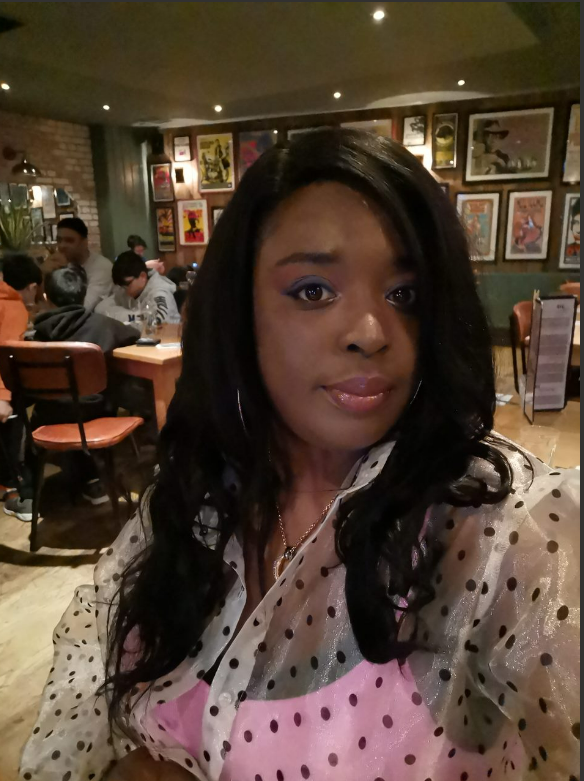The conversation surrounding gender equality is important – but there’s something missing
To mark International Women's Day, Vanessa Harrison - Chair of L&Q's gender equality network, Inspire, and Project Manager writes about what's missing from the conversation surrounding gender equality.
In classrooms, in boardrooms and in the news, important and historic conversations are taking place. The narrative surrounding gender equality takes centre stage every year on March 8, bringing new eyes and a new generation of leaders to the fore.
This year’s International Women’s Day theme encourages us to embrace equity. Conversations on gender equality are crucial, but there is an important distinction that needs to be understood – gender equality and gender equity are related terms, but they have different meanings.
L&Q’s staff diversity networks are striving for equality, but we know we cannot have this without a level playing field. On the path to gender equality, we need gender equity. For example, if we give every person £50, it’s an equal amount of money, but if some are starting in their overdraft, some have zero balance, and some have a nest egg already, the £50 has a different impact. If gender equity is about fairness, then what we are talking about is making up for the gap between gender bias and reality.
Menopause has forced almost 900,000 women to leave their jobs in the UK, according to a recent report by the House of Commons’ Women and Equalities Committee. Despite this loss of so many experienced women from the workforce and its impact on productivity, menopause symptoms are rarely discussed within our male-dominated industry.
The key to tackling this issue is to shift the mindset away from gender equality to one of gender equity. Whilst gender equality is simply focused on providing men and women with the same equal opportunities, gender equity involves giving women the specific tools they need to succeed.
We’ve seen much hope in the steps we’ve taken so far to achieve this ambition. Our new menopause offer for staff experiencing perimenopause and menopause symptoms includes free consultations with a specialist GP. During the appointment, colleagues receive an in-depth review of their symptoms, tailored treatment advice and recommendations to support them in both a professional and personal capacity.
We see this as a great starting point, but to fully remove the barriers faced by women, support must go hand-in-hand with cultural change. Alongside our HR team, Inspire, L&Q’s gender equality network, is working to forge a culture where female staff feel able to speak freely about their experience of menopause and open up about any struggles they are facing. Online webinars and training and learning resources for managers are just some of the ways we are bringing a taboo topic to the forefront of colleagues’ minds.
Getting it right for women isn’t just about our staff though. Our residents are more likely to be female – women are the household reference person in 56.6% of social tenancies.
The gender pay gap means that women, on average, continue to earn less than men. This, in turn, means women are paying larger proportions of their wages on rent. Across a lifetime, this means much less disposable income, more difficulty saving for a deposit and less financial security. In the UK, the median gender pay gap is 9.71%, and I’m pleased that ours is lower, at 7.12%.
Unfortunately, the wage gap’s knock-on effects don’t end there. Fewer options when it comes to housing make women more vulnerable to homelessness and domestic abuse, particularly after a relationship breakdown.
We must ensure equitable opportunities for our female residents to access all the services we provide – from supporting those experiencing domestic abuse or rough sleeping to the financial support we offer through our foundation. That means tailoring our offer to address gender-related barriers such as childcare responsibilities and health issues including the menopause.
The conversations this year’s IWD theme has brought about are timely and essential. As we enter a new financial year, L&Q is more committed than ever to keep pushing for gender equity both at work and in our homes.


